17 Reasons Dogs Are Known As Man’s Best Friend

Dogs have earned their title as ‘man’s best friend’ through thousands of years of loyalty, companionship, and unwavering devotion.
Their ability to form deep emotional bonds with us is truly remarkable, making them irreplaceable companions in our lives.
1. Unconditional Love Without Judgment
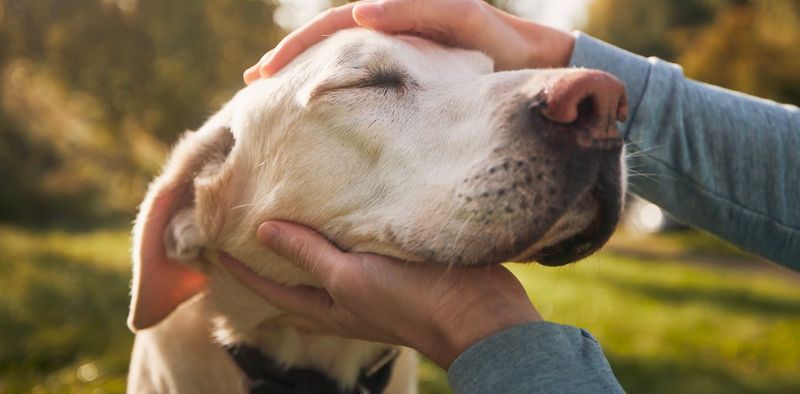
Dogs don’t care about your job title, bank account, or social status. They offer pure, unfiltered affection regardless of your worst day or biggest mistake. This unconditional acceptance provides a rare form of emotional safety in our often judgmental world.
Their love remains constant whether you’ve been gone five minutes or five hours, creating a unique bond that helps reduce stress and anxiety. Scientific studies confirm that this unwavering canine devotion actually triggers oxytocin release in both humans and dogs during interactions.
2. Protectors Through Thick And Thin

Dogs possess an innate protective instinct that makes them natural guardians. From the tiniest Chihuahua to the mightiest Mastiff, these furry sentinels will alert you to potential dangers with unwavering dedication.
Historical accounts abound with tales of dogs defending their families against threats, sometimes at great personal risk. Their acute senses detect changes in their environment long before humans notice anything amiss.
This protective nature extends beyond physical threats to emotional ones – many dogs instinctively comfort their owners during times of distress.
3. Health Benefits Beyond Measure
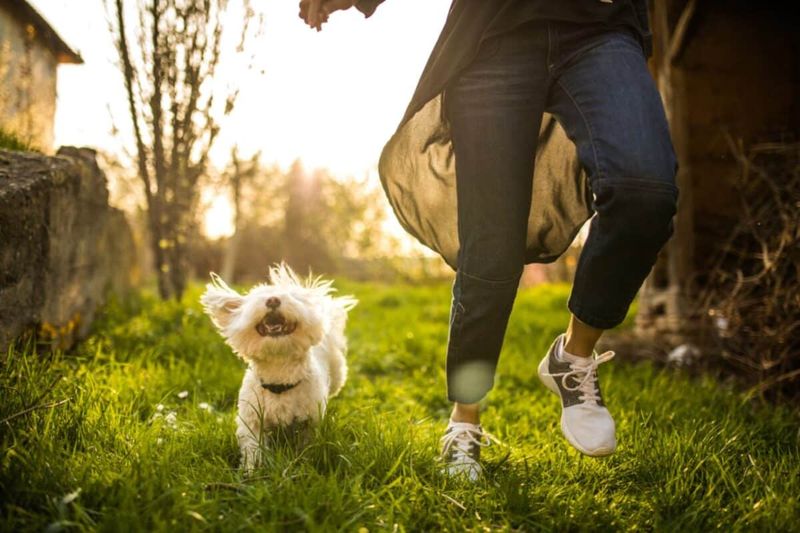
The simple act of petting a dog lowers blood pressure and releases stress-reducing hormones like serotonin and dopamine. Dog owners typically enjoy more active lifestyles, with daily walks becoming joyful routines rather than chores.
Research published in Circulation, a journal of the American Heart Association, found that dog ownership is linked to a 24% reduced risk of all-cause mortality. For people living alone, the benefits are even more pronounced!
Dogs also help detect certain medical conditions – some can smell changes in blood sugar levels or even identify early-stage cancers.
4. Social Connection Catalysts
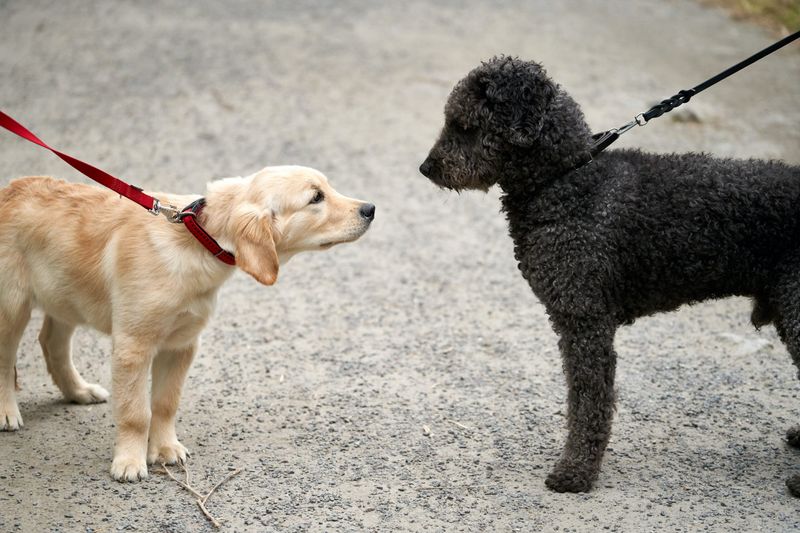
Ever notice how strangers readily approach when you’re walking your dog? These furry companions serve as natural conversation starters, breaking down social barriers with their wagging tails and friendly demeanors.
Dog parks become community hubs where people from diverse backgrounds connect through their shared love of canines. For those struggling with social anxiety, dogs provide a comfortable buffer in social situations.
Many lasting friendships and even romantic relationships have blossomed from chance meetings between dog owners out for their daily walks!
5. Emotional Intelligence Champions
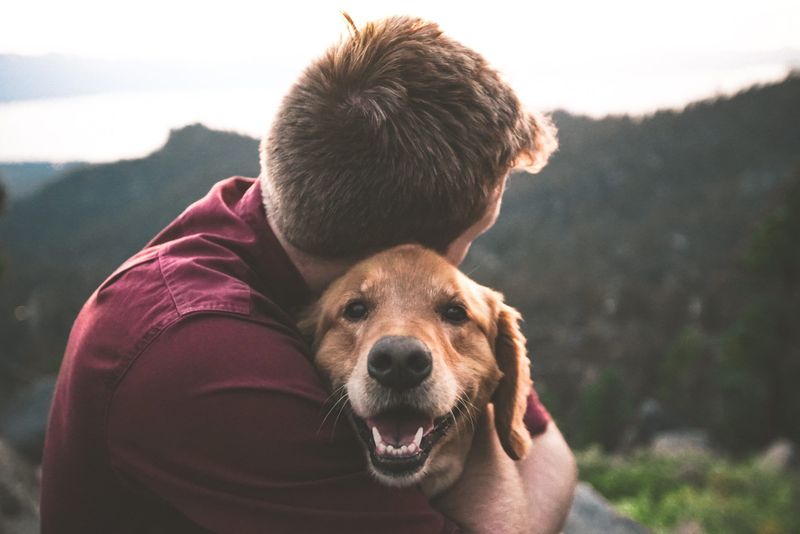
Dogs read human emotions with remarkable accuracy, often responding before we’ve fully processed our feelings ourselves. Their ability to detect subtle changes in our voice, posture, and scent gives them insight into our emotional state that sometimes surpasses human perception.
A study from Emory University revealed that dogs process voice and emotion in similar brain regions as humans. When you’re feeling down, your dog’s comforting presence isn’t coincidental – they genuinely sense your distress.
This emotional responsiveness makes dogs particularly valuable companions for people managing depression, anxiety, or trauma.
6. Therapeutic Healing Partners
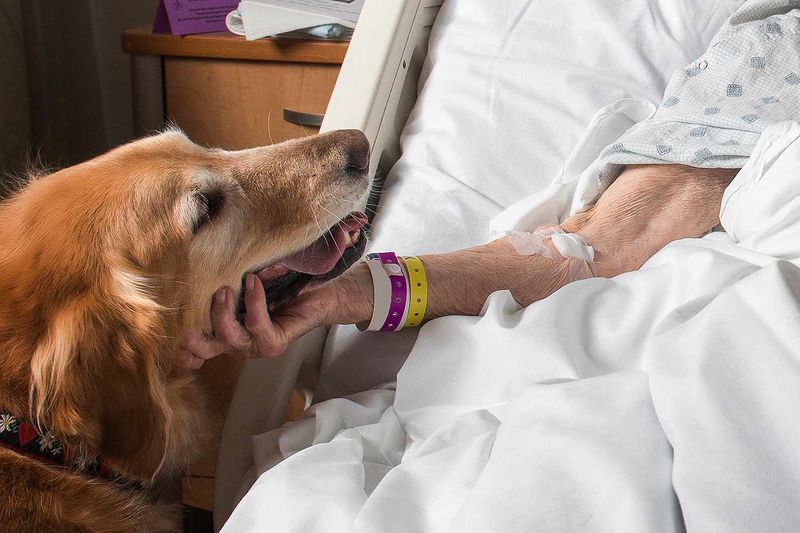
Therapy dogs bring comfort to hospital patients, reducing pain perception and speeding recovery. Their calming presence helps children with autism develop social skills and emotional regulation in ways human therapists alone cannot achieve.
Veterans with PTSD report significant symptom reduction when paired with service dogs trained to interrupt anxiety attacks and nightmares.
Elderly patients in memory care facilities experience moments of clarity and joy during canine therapy sessions. The therapeutic power of dogs extends beyond formal programs – everyday pet dogs provide similar benefits to their owners through regular interaction.
7. Unmatched Loyalty Through Generations
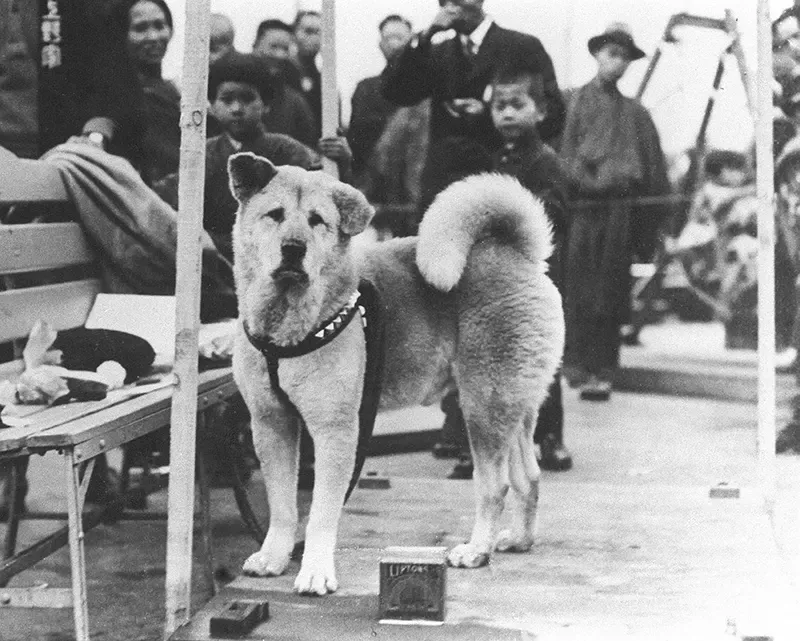
Heartwarming stories of dogs waiting for deceased owners or traveling hundreds of miles to reunite with their families showcase their extraordinary loyalty. This devotion isn’t simply food-motivated behavior – dogs form genuine attachments that persist even when separated from their humans.
The famous Akita Hachikō waited at a train station for nine years after his owner’s death. Modern science confirms what dog lovers have always known: canines form deep emotional bonds with specific people.
Brain scans reveal that dogs recognize and respond uniquely to their owners’ scents, voices, and faces compared to strangers.
8. Communication Beyond Words

Dogs develop an impressive understanding of human language, often recognizing hundreds of words and phrases. More remarkable is their ability to interpret our non-verbal cues – following our gaze, understanding pointing gestures, and responding to subtle facial expressions.
This interspecies communication creates a special bond unlike any other animal relationship. Your dog learns your unique habits and routines, often anticipating your next move before you make it.
Research shows that dogs can distinguish between happy and angry human faces, and they’ll often look to their owners for guidance in unfamiliar situations.
9. Adventure Companions Extraordinaire

From mountain hiking trails to cross-country road trips, dogs make enthusiastic adventure partners. Their natural curiosity and joy in exploration add an extra dimension to outdoor experiences, encouraging us to see the world through fresh eyes.
Unlike human companions who might complain about weather or trail conditions, dogs embrace every adventure with boundless enthusiasm.
Many outdoor enthusiasts report that bringing their dogs along motivates them to explore more frequently and thoroughly. Dogs also provide an added sense of security during remote adventures, making solo trips feel less solitary.
10. Childhood Development Enhancers
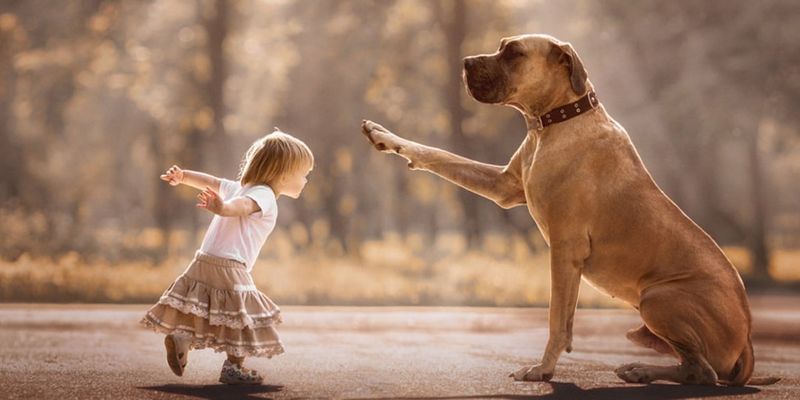
Children who grow up with dogs often develop stronger immune systems and fewer allergies. The responsibility of caring for a pet teaches kids empathy, compassion, and respect for other living beings from an early age.
Research shows that children who read to dogs improve their reading skills faster due to the non-judgmental audience. Dogs also provide comfort during childhood stresses like changing schools or family conflicts.
The bond between a child and their dog creates lasting memories and teaches valuable life lessons about love, loss, and responsibility that extend into adulthood.
11. Routine And Structure Providers

The regular care requirements of dogs naturally create healthy routines in their owners’ lives. Morning walks, feeding schedules, and evening playtime establish predictable patterns that benefit mental health, especially for people struggling with depression or isolation.
This consistent structure proves particularly valuable during major life transitions like retirement, job loss, or recovery. Dogs don’t recognize weekends or holidays – their needs remain constant, providing anchoring routines when other life structures disappear.
Many people report that their dog’s dependence on them has provided crucial purpose during difficult times.
12. Selfless Service In Critical Roles

Working dogs perform incredible feats of service across countless fields. Search and rescue dogs locate missing persons in disasters, while detection dogs sniff out everything from narcotics to cancer cells with astonishing accuracy.
Guide dogs navigate complex environments for visually impaired handlers, providing independence and security. Police K-9s risk their lives to protect officers and communities. Service dogs support people with disabilities by performing tasks from retrieving dropped items to alerting to seizures before they occur.
These working partnerships showcase the extraordinary capabilities and selfless nature of our canine companions.
13. Stress Reduction Specialists

The simple presence of a dog triggers measurable physiological changes that combat stress. Interacting with dogs lowers cortisol (the stress hormone) while boosting endorphins and oxytocin, creating a natural calming effect.
This stress-reducing power works even in high-pressure environments like offices and schools. Many corporations now allow dogs in workplaces after studies showed improved employee satisfaction and productivity.
Universities bring therapy dogs to campus during finals week to help students manage exam anxiety. The rhythmic sound of a dog’s heartbeat and breathing can even help regulate our own nervous systems.
14. Laughter And Joy Generators

Dogs create countless moments of unexpected humor with their playful antics and unique personalities. Their silly behaviors – from head tilts to zoomies – trigger genuine laughter that brightens even the darkest days.
This natural comedy isn’t just entertaining; it provides real psychological benefits. Laughter reduces stress hormones, increases endorphins, and strengthens immune function. Dogs live fully in the present moment, reminding us to find joy in simple pleasures.
Their enthusiasm for everyday activities like meals, walks, and greetings helps shift our perspective toward gratitude and appreciation.
15. Adapters To Our Modern Lifestyles

Unlike many animals, dogs have evolved specifically to integrate with human society. From apartment-dwelling Greyhounds to farm-working Border Collies, different breeds adapt to various lifestyles, making them accessible companions for nearly everyone.
Modern dogs adjust to changing circumstances with remarkable flexibility. They thrive in urban environments despite their wild ancestry and accommodate our busy schedules and diverse living situations. This adaptability extends to family changes too – dogs often welcome new babies, adjust to moves, and accept new family members with surprising grace.
16. Historical Partners Through Human Evolution

Our partnership with dogs spans at least 15,000 years – possibly much longer – making it one of humanity’s oldest interspecies relationships. Archaeological evidence suggests dogs helped early humans hunt more efficiently, providing crucial survival advantages.
This ancient bond shaped both species profoundly. Dogs developed unique abilities to read human gestures and emotions that even their wolf ancestors lack. Humans gained loyal protectors and working partners that expanded our capabilities.
Some anthropologists theorize that this partnership played a significant role in human civilization’s development, allowing early settlements to thrive with canine guardians.
17. Acceptance Of Our Authentic Selves
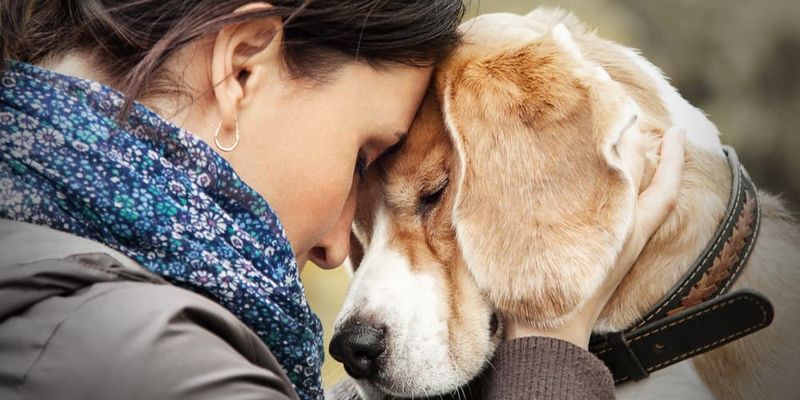
Dogs witness our most private moments yet never judge our flaws or imperfections. They see us cry, get angry, make mistakes, and love us regardless – offering a rare space where we can be completely authentic.
This acceptance creates profound psychological safety. With dogs, there’s no need for social masks or pretenses. They appreciate our authentic selves without conditions or expectations. Many people report feeling most like themselves in their dogs’ company, free from the social pressures that affect human relationships.






